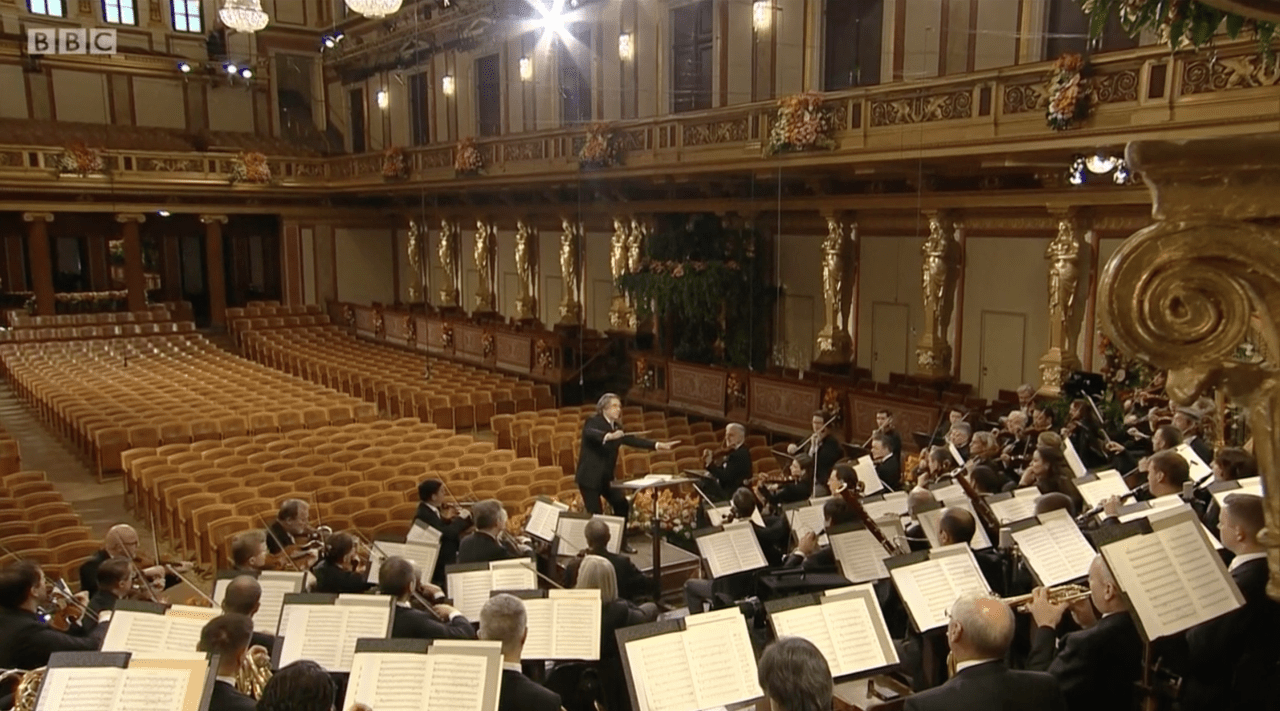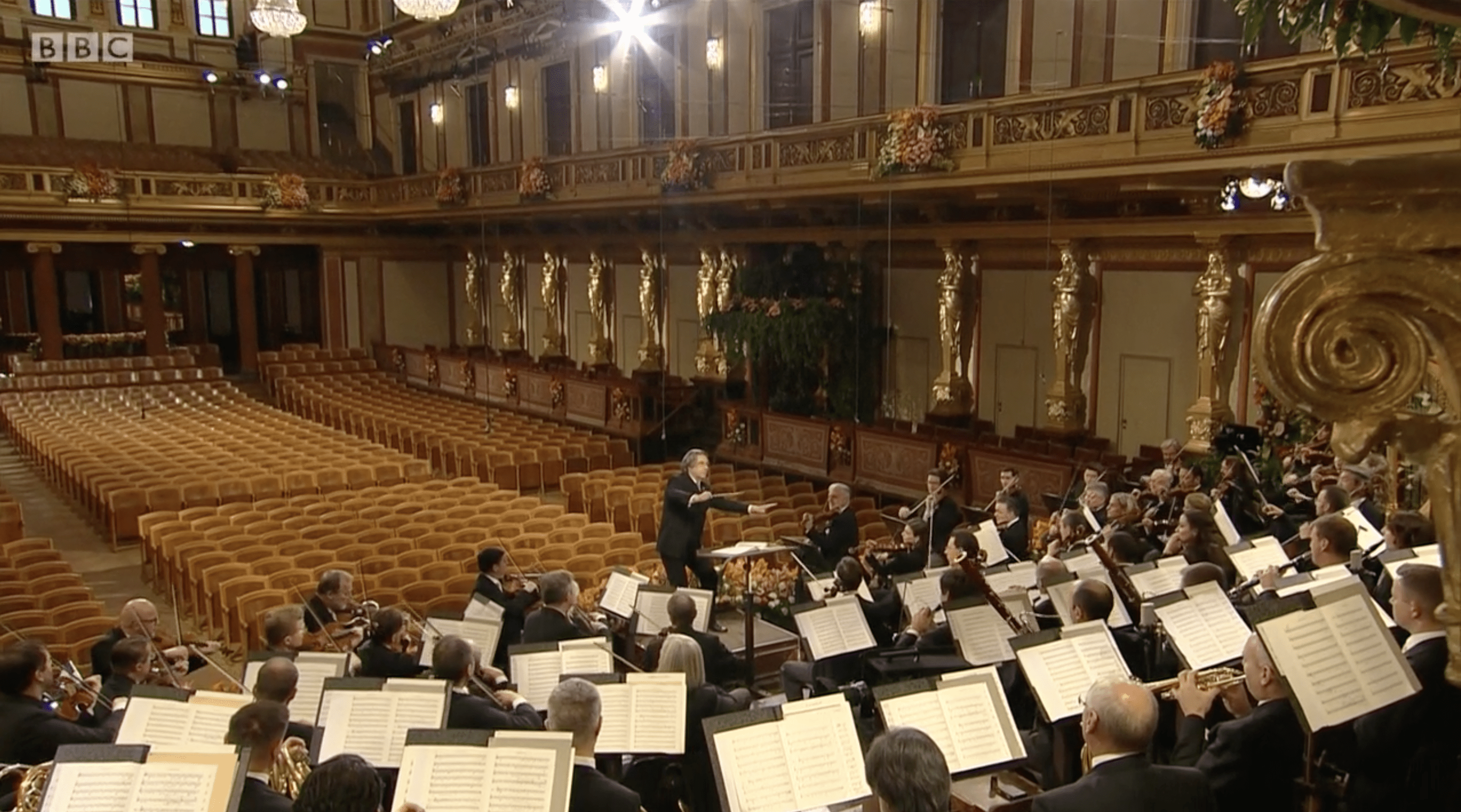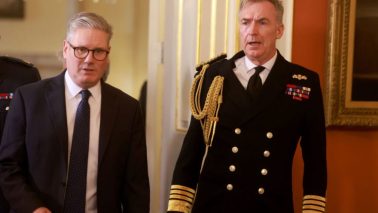The best moment in the Vienna Philharmonic’s annual New Year’s Day Concert comes after the end of the advertised programme. The conductor gives a tiny gesture, the violins start a shimmer of tremolando, and a ripple of applause spreads through the hall. At this point, if you’re watching with first-timers, they’ll look at you, surprised. Why have they stopped? And you smile, because you know what the conductor knows, what the orchestra knows and what even the audience in the Musikverein — those bejewelled Eurostiffs in their £1,000 seats — knows. We’re about to hear The Blue Danube, and music doesn’t get any better than that.
Well, that’s how it feels to me, anyway. The Blue Danube was the first piece of music I ever loved and nothing I’ve heard since has persuaded me that those opening moments are anything other than musical genius in its purest naturally occurring form. Johann Strauss II lays down that simple background shimmer, and over it he has a horn play the notes of an A major triad: the most basic building blocks of western harmony. Almost without lifting a finger, he’s created a world. Or even a universe: Stanley Kubrick knew precisely what he was doing when he deployed these sounds in 2001: A Space Odyssey. Instantly recognisable, infinitely poetic; in five decades, I don’t think I’ve heard the beginning of The Blue Danube without an involuntary shiver of anticipation and delight.
This is exactly the level of cultural pampering you need as you sit amid the ashes of the old year
The absence of that shared frisson was the saddest moment in the 2021 concert. No audience means no applause, though for many the absence of the overdressed Viennese elite, with their curious inability to clap in time to the Radetzky March, will have represented an improvement.








Comments
Join the debate for just £1 a month
Be part of the conversation with other Spectator readers by getting your first three months for £3.
UNLOCK ACCESS Just £1 a monthAlready a subscriber? Log in